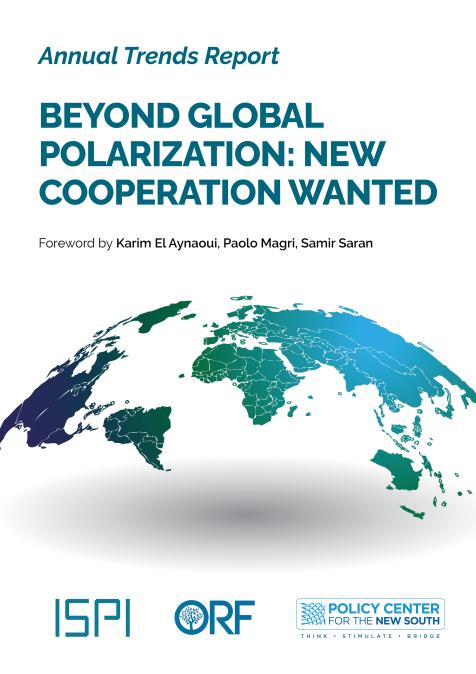February 20, 2026
This episode explores the limits of traditional economic growth metrics, which often overlook the depletion of natural capital such as forests, water, soils, minerals, and biodiversity. It highlights the need to treat these resources as essential assets for achieving sustainable and res...









